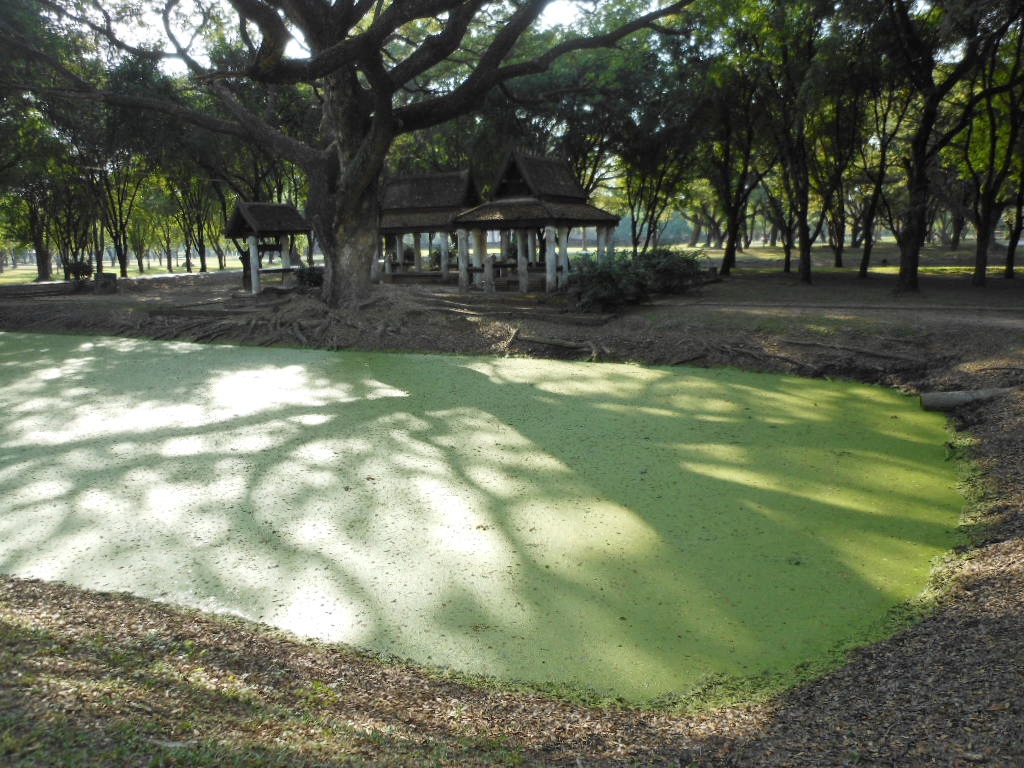Economy and Policy
Audio Player
Useful Byproducts From Coffee Roasting
Audio Player
Coffee is the second most valuable commodity in the world after oil. This $100-billion-dollar-a-year industry plays a major role in the global economy. It also has a significant impact on the environment. Processing coffee produces more than 2 billion tons of byproducts annually.
Renewable Energy And Jobs
Audio Player
There is no doubt that the renewable energy industry is booming. Renewable energy sources are seen as the primary and best way to reduce the emission of greenhouse gases and other forms of environmental pollution that threaten human health and the world’s ecosystems. For this reason, investment in and deployment of renewable energy has been an area of tremendous growth.
Good News On Ozone
Audio Player
In 1985, scientists discovered a hole in the earth’s ozone layer over Antarctica. By 1987, the hole had increased to the size of the continental United States. Ozone, a modified form of oxygen, is present in only small amounts in the stratosphere, but performs a crucial function to life on earth. It absorbs solar ultraviolet radiation, protecting humans and other forms of life from skin cancer, cataracts, and immune system deficiencies.
Reducing Food Waste
Audio Player
Wasted food is one of the greatest economic and environmental problems in the world today. According to a United Nations study, one-third of the world’s food winds up spoiled, rotting in fields, or is thrown away. This amounts to 1.3 billion tons of food wasted annually while at the same time nearly 900 million people around the world go hungry every day.
Trade And Trees
Audio Player
Debate about the Trans-Pacific Partnership overlooks an unintended consequence of increased trade with Asia – the assault on America’s trees.
Carbon Taxes And Canada
Audio Player
Economists around the world are recommending that we move towards systems that reward low-carbon, innovative, resource-efficient production. One way this is likely to happen is through carbon taxes: directly taxing for fossil fuel use and carbon emissions.
Texas Wind Power
Audio Player
Texas has a reputation for conservative politics, a powerful oil and gas industry, and a fair amount of skepticism about human-caused climate change. Despite all of this, Texas now leads the United States in wind power production.
The Biofuel Crop Dilemma
Audio Player
The demand for biofuels continues to grow. Producing fuels from plant matter is considered to be a carbon-neutral way to get energy and is an important part of efforts to move away from fossil fuels.
Carbon In The Permafrost
Audio Player
Scientists have been watching the increases in carbon dioxide levels in the atmosphere as we continue to contribute to them through the burning of fossil fuels. They have been also watching the melting of Arctic ice, which has been accelerating in recent years.
The World’s Rarest Dolphin Is In Danger
Audio Player
The Maui’s dolphin – a subspecies of Hector’s dolphin – is the smallest and rarest marine dolphin in the world. These dolphins, which can only be found in the shallow, coastal waters of New Zealand, are critically endangered.
The Problem With Coal Ash
Audio Player
Coal combustion in the U.S. generates around 130 million tons of coal ash each year, with power plants being the largest contributors. Bottom ash is collected from combustion chambers and fly ash is gathered from smokestacks and air pollution control devices.
Recycling Cigarette Butts
Audio Player
Cigarette butts are widely considered to be the world’s number one litter problem. Cleanup projects at beaches gather twice as many cigarette parts as either food wrappers or beverage containers. New York State produces about 1.5 million tons of cigarette butts each year. In Texas, butts account for 13% of all highway litter to the tune of 130 million butts per year.
Always On Is Expensive
Audio Player
We have heard for years that electronic devices in our homes that stay on even when we are not using them waste a lot of energy. These so-called “vampire loads” have become more prevalent all the time as our gadgets become smarter and more connected.
The Downside Of Nitrogen Fertilizer
Audio Player
Yesterday, we introduced the topic of synthetic nitrogen fertilizer. Anyone with a lawn or a garden is familiar with the product. But prior to the 1950s, it use was not the norm.
Too Much Of A Good Thing
Audio Player
Bags of garden fertilizer are labeled with three numbers, such as 15-4-5. These numbers indicate the percent of nitrogen, phosphorus, and potassium in the product. The remainder of the bag is filler that helps the fertilizer disperse.
Record CO2 Concentrations
Audio Player
Two years ago, we talked about a report out of the observatory on Mauna Loa in Hawaii of the first modern measurements of carbon dioxide levels greater than 400 parts per million. But it was only in that location and only for a brief period of time.
Toads: Warty, Toxic, And Resilient
Audio Player
This spring, amphibians displayed their singing skills in the flooded lowlands at the Cary Institute of Ecosystem Studies’ Millbrook, NY campus. Eastern American toads were major contributors to the evening chorus, which was at times deafening.
Protecting Working Forests
Audio Player
The U.S. has more than 420 million acres of “working” forests, which provide timber for construction, as well as pulp for paper and packaging. Apart from these economic benefits for communities, such forests provide clean air and water and wildlife habitat. Nearly 45 million acres of these forests are at risk of being lost to development.
Affordable Jet Fuel
Audio Player



















